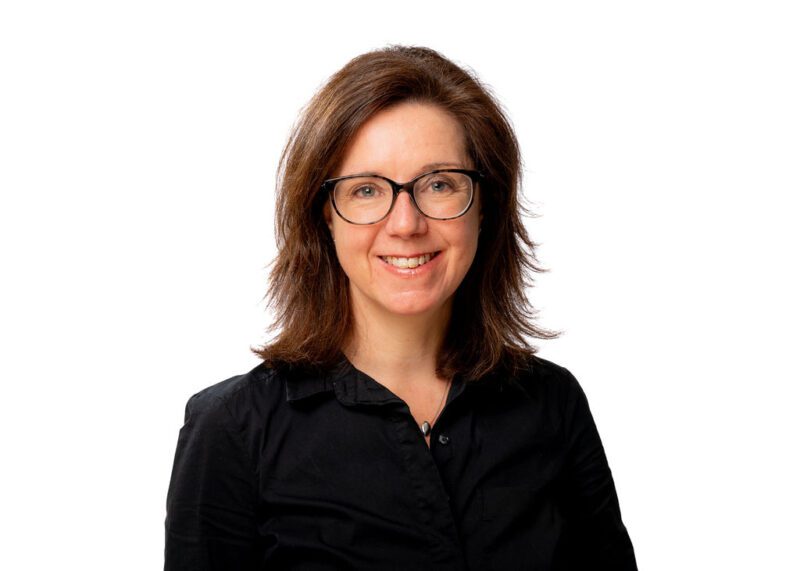-
Catherine SezenAssociation of Colleges
-
Dr Lynne RogersIOE, UCL’s Faculty of Education and Society
-
Josie OrmondroydAssociation of Colleges
-
Dr Lucy ChrispinAssociation of Colleges
-
Dr Susan McGrathIOE, UCL’s Faculty of Education and Society
Project overview
This project will explore the experiences of 14 to 16 year olds who attend further education colleges in England.
Approximately 10,000 14 to 16 year olds in England attend further education colleges instead of mainstream schools. This includes students who have been excluded from school, electively home-educated learners who attend FE for up to 16 hours a week, non-attenders and those with special educational needs. These young people are at a higher risk of dropping out and becoming not in education, employment or training (NEET). Little is known about this vulnerable group, who are often invisible in government policy due to falling between school and FE.
This project will address the evidence gap by exploring these learners’ experiences and trajectories. It will also identify the most important factors in supporting them to reach their potential.
The researchers will use a mixed-methods approach to explore the following questions:
- What are the characteristics and profiles of these learners?
- What educational provision do these learners receive?
- What are the experiences and factors that enable young people to reach their potential?
- How is the social ecosystem functioning to enable young people to flourish?
As well as analysing individual learner record data, the researchers will interview senior leaders from FE colleges, and a diverse sample of colleges will be selected for in-depth case studies over two years. Ecological systems theory will be used to assess how the social ecosystem is enabling these young people to flourish. The educational context of an FE college is very different from school, and the researchers will explore the impacts of these differences.
The research will provide a new picture of 14-16 year old educational provision in FE colleges in England. It will improve our understanding of the complexity of post-14 transitions into FE for vulnerable learners and the factors that support them. Findings will raise the profile of this group, inform the provision on offer to them, and influence the development of local and national policy responses to enable them to flourish.





































